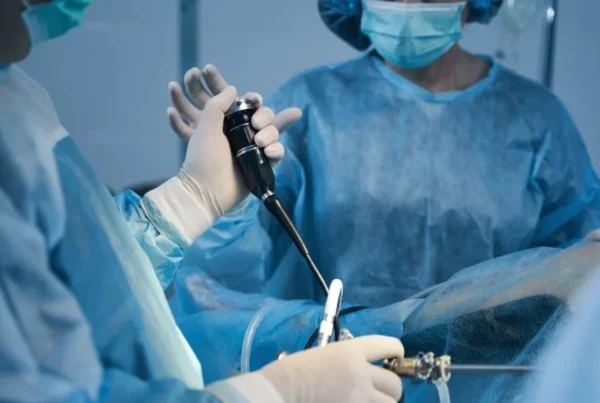Factors That Cause Male Infertility
- Sperm Production Disorders: Low sperm count, poor motility, and abnormal sperm morphology.
- Varicocele: A condition where the veins in the scrotum become enlarged, affecting sperm production.
- Infections: Mumps contracted during adolescence or adulthood can lead to orchitis, which may damage the testicles and impair sperm production.
- Undescended Testes: If the testes do not descend into the scrotum by the first year of life, surgical intervention is required. Otherwise, the testicles are exposed to higher temperatures, potentially leading to irreversible damage to sperm production.
- Environmental Toxins: Exposure to harmful chemicals and environmental factors can affect sperm health.
- Medication and Lifestyle Habits: Liver and kidney diseases, high fevers, medications that affect hormone production, alcohol, smoking, drug use, and exposure to chemicals and radiation can all negatively impact sperm production.
- Genetic Disorders: Men with no sperm in their semen or fewer than 5 million sperm may have genetic abnormalities. In these cases, chromosome analysis and Y chromosome microdeletion screening are recommended. These disorders may be passed on to male offspring, who could face similar fertility issues. PGT (Preimplantation Genetic Testing) can help in such cases.
- Sperm Duct Disorders: The sperm ducts may be congenitally absent, or they can become blocked due to infections or surgeries. Nerve disorders, diabetes, or surgeries related to the prostate, bladder, and ducts can cause semen to flow backward into the bladder, leading to infertility.




